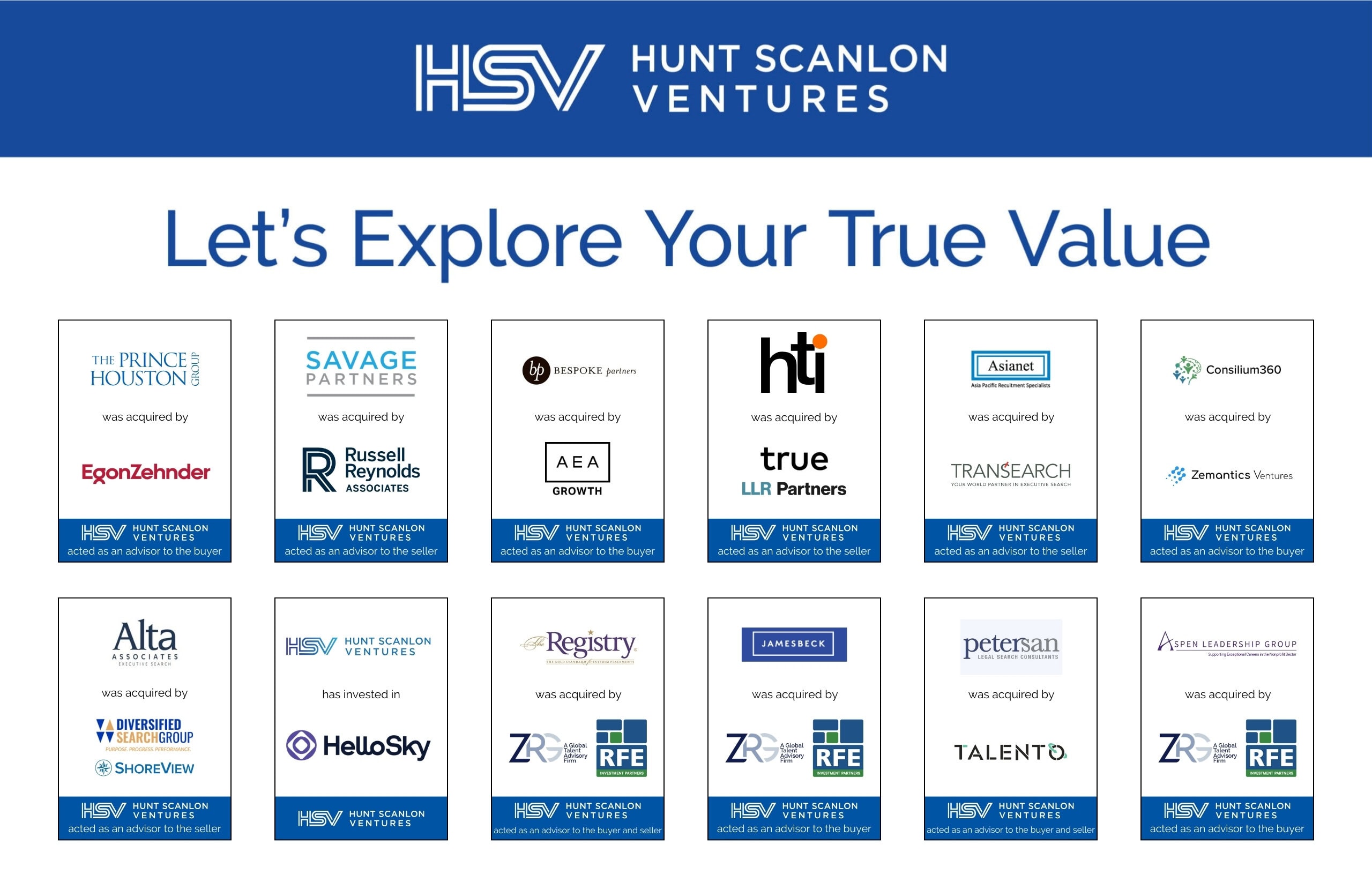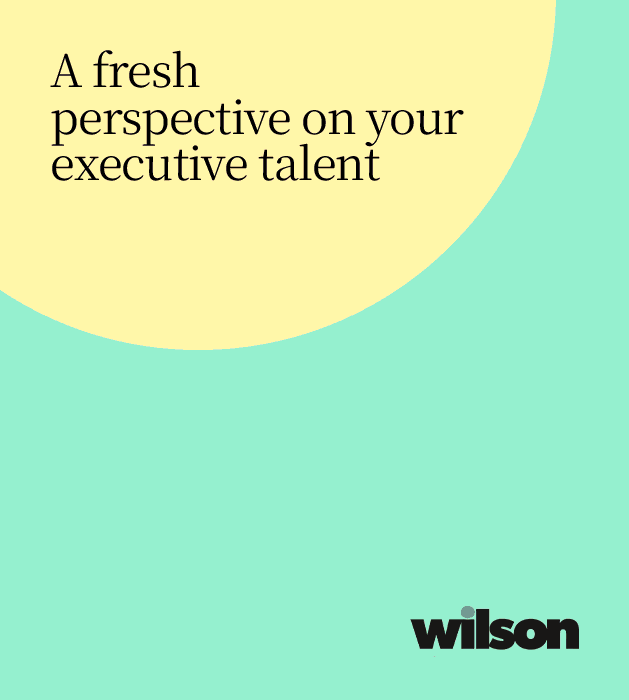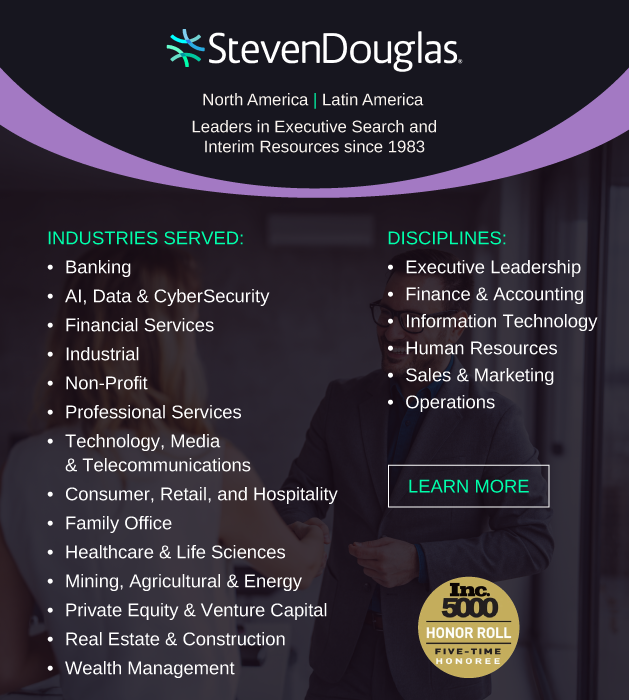The age of AI agents is moving faster than most leaders – and lawmakers – anticipated. As automation reaches white-collar domains once thought untouchable, the implications for talent, leadership, and workforce design are accelerating. Leo Cummings, an associate at Hunt Scanlon Ventures, examines the stark warnings from Anthropic CEO Dario Amodei and what they could mean for the future workforce.
Dario Amodei, CEO of Anthropic, has issued one of the bluntest warnings yet from inside the AI industry: the U.S. could face 10% to 20% unemployment in the next five years – not due to a recession, but because AI systems will displace a massive share of entry-level white-collar jobs.
Mr. Amodei believes roles across law, finance, tech, and consulting are particularly vulnerable.
As LLMs and AI agents improve exponentially, companies will increasingly automate junior tasks once considered essential stepping stones for career growth.
The Sudden Rise of AI Agents
AI agents – autonomous systems powered by large language models – are quickly moving from back-office experimentation to frontline deployment. From software development and customer support to finance and marketing, these tools are already reducing the need for human headcount.
“We are entering a period where companies will hire AI before they hire humans.”
Mid-level engineers, paralegals, junior analysts, and entry-level operations staff are increasingly being replaced by agentic AI that works faster, longer, and cheaper.
Talent Implication
“We are entering a period where companies will hire AI before they hire humans,” said Leo Cummings, an associate at Hunt Scanlon Ventures. “Executive search firms must now evaluate whether candidates are ready to lead blended teams – ones that include human staff, digital agents, and automated systems. The org chart is going through a radical overhaul,” he said.
C-Suite Quiet . . . and Preparing
While few executives are speaking publicly about the job implications around AI, many are privately reshaping hiring plans and reevaluating org structures. Job requisitions for entry-level roles are slowing. Backfills are on pause. In many firms, managers must now justify human hires against what an AI system could handle.
Some companies, including major tech platforms, are even testing internal policies requiring teams to first assess if an AI agent can perform the job before requesting a new hire.
Talent Implication
“Leadership selection is now tied to AI readiness,” said Mr. Cummings. “Boards will prioritize COOs and CTOs who can scale organizations efficiently – and ethically – in environments where human labor is no longer the default.”
Collapsing Career Ladder
The most disruptive consequence of this shift may be long-term: the erosion of the traditional career ladder. Entry-level roles historically served as foundational learning environments for future executives. But if those disappear, so does the training ground for tomorrow’s leaders.
“Organizations must identify new ways to cultivate future leaders.”
Anthropic and other firms are concerned that the pipeline of future C-suite talent could stall unless alternative development pathways emerge.
Talent Implication
“Executive development can’t rely on legacy pathways anymore,” said Mr. Cummings. “Organizations must identify new ways to cultivate future leaders – whether through project-based work, rotational programs, or AI-human hybrid team management,” he noted.
Systemic Inequality
Amodei has voiced deeper concerns as well. If millions of workers are cut off from value creation, the economic leverage that underpins democratic systems could falter. Without participation in growth, inequality could rise to destabilizing levels.
He points out that while AI can drive astonishing economic gains, it also risks concentrating wealth and diminishing broad-based opportunity if left unchecked.
Talent Implication
“More firms are being asked to help clients think beyond hiring – and more toward long-term talent strategy, leadership development, and organizational adaptability,” said Mr. Cummings. “That means helping companies support displaced workers, launch upskilling programs, and build leadership teams that consider societal impact as part of their mandate.”
Narrow Window
Mr. Amodei and other leaders are calling for proactive policy measures: AI literacy campaigns, economic redistribution models like a ‘token tax,’ and federal task forces that treat this disruption with the urgency it deserves. He warns that the moment to act is short, and the consequences of inaction are immense.
Still, Mr. Amodei believes we can “steer the train” if industry and government are willing to confront the issue together.
Talent Implication
“The leaders who succeed in this new era won’t just be digital experts,” said Mr. Cummings. “They’ll be system thinkers – able to anticipate disruption, lead with clarity, and build teams equipped to adapt before the ground shifts.”
Stay tuned.
Article By

Leo Cummings
Leo Cummings is Editor of ExitUp, the investment blog from Hunt Scanlon Ventures designed for professionals across the human capital M&A sector. Leo serves as an Associate for Hunt Scanlon Ventures, providing robust industry research to support the firm’s investment group.






